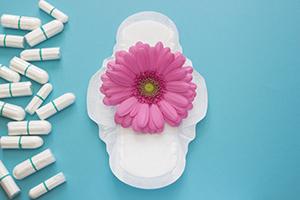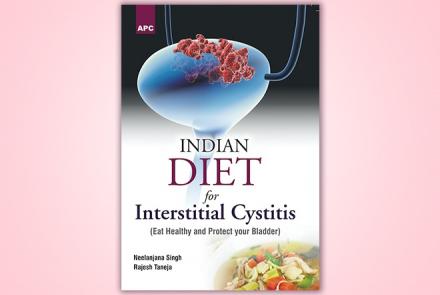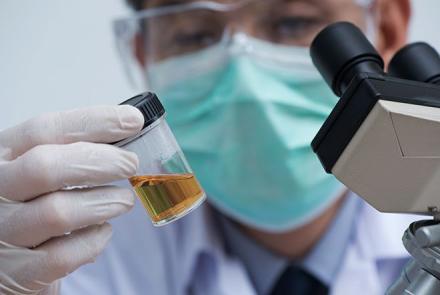
#MenstrualHygieneDay
Menstrual hygiene is of utmost importance and the need for awareness of sanitation and cleanliness for this period for adolescent girls and women worldwide is even more so. 28th May is observed as Menstrual Hygiene Day worldwide as a reminder to the need to handle menstruation in a healthy way. The specific challenges that women and girls face differ widely, as per social norms, customs, education, geography of the region they live in as well as socio economic factors. Yet, in varying degrees it remains a challenge in most places, especially in developing countries.
Health, sanitation, sustainability, women’s rights, education are some of the issues connected to the importance of this day and the silence surrounding this very natural phenomenon has been seen to have a deep and lasting negative impact on women around the world. Therefore, it is important to talk and share information about it.
Important facts to know about menstruation:
- 28th May is the day selected for this because May is the 5th month of the year, representing 5 days, or the average number of days (between 4-7) a woman or girl menstruates each month. 28 represents the average number of days in a menstrual cycle (an average cycle ranging from 27-32 days).
- The theme for Menstrual Hygiene Day 2017 is ‘Education about menstruation changes everything’. So it strives to raise awareness by highlighting the problems that women all over the world face because of this and offers possible solutions for it.
- Globally girls often miss school during menstruation due to lack of sanitation, eventually leading to higher school dropout rates.
- In India, upto 80 per cent of girls use reusable cloth for their periods. If they are not cleaned properly, the chances of vaginal problems goes up by 70%.
- Environmentally sustainable sanitary options, such as menstrual cups, are becoming more common, but pose a problem for women in areas lacking clean water and soap.
Menstrual hygiene tips every girl or woman should know:
- Choose your method of sanitation: Sanitary napkin, tampons or menstrual cups.
- Change regularly through the day.
- Wash yourself daily with mild soap and water.
- Use of harsh soaps is avoidable. Feminine hygiene products and douching should be done moderately.
- After going to the bathroom, it’s recommended to wipe from front to back to prevent bacteria from getting into the vagina.
- Discard your used sanitary product properly in a garbage bin. Never flush them down a toilet.
- Beware of a pad rash which presents with redness, soreness, red spots, itching and discomfort.
- Use only one method of sanitation at a time.
- Have a bath regularly
- Always carry extra pads, tampons etc when outdoors for any emergencies or unexpected bleeds.
If you observe any of the following signs, do NOT ignore them. Please consult a GP or a gynaecologist:
- Any changes in the normal menstrual cycle including spotting between periods
- If bleeding exceeds for more than 7-8 days. Period flow should taper off after the 5th day.
- Heavy bleeding (changing of pads or tampons every hour). Normal blood loss during a period is about 10-35ml; each pad can soak upto 5 ml of blood in full capacity.
- Intense cramps or periods pain lasting for more than 5 days, and that are debilitating & causing missed days at school or work.
- Anaemia signs commonly seen from heavy or prolonged periods. These include weakness, dizziness, fatigue, headaches, shortness of breath etc.
- Intense pre-menstrual syndrome (PMS) that seems to have gotten worse. Normal PMS occurs 5-7 days before periods are due to commence. PMS symptoms usually are spotting, brown discharge, cramps, weakness, tiredness, nausea, mood changes, depression, headaches, bloating, etc.














